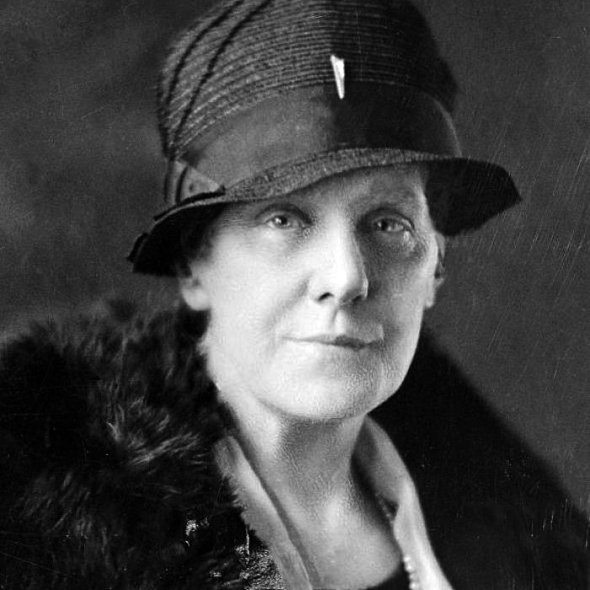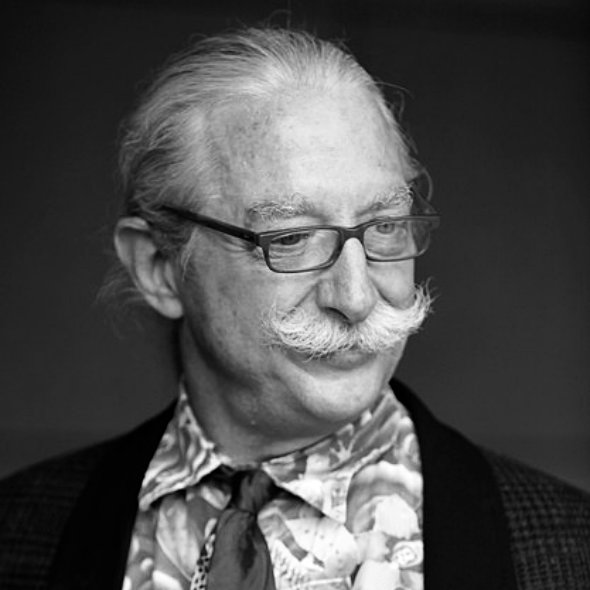When the remaining members of the Adams family returned to America, Patch was enrolled in a school where he encountered the societal ills of racial segregation. His outspoken adversity to the separation of children based on color made him a target for bullying at school, where he was often assaulted by his classmates. He became depressed and suicidal. Following three hospitalizations in one year for suicide attempts, Adams had a major epiphany in his darkest moment. He famously stated, “You don’t kill yourself, stupid, you make revolution.”
At the ripe age of 18, Adams began his self-proclaimed revolution for loving. He fueled his desire to evolve with the self-esteem instilled in him by his mother. If one word embodies Adams, that word is Love. His systemic revolution is grounded in promoting an environment where humanity is focused on love and equality over all other ideas. While in medical school at Virginia Commonwealth University, Adams became convinced of the powerful connection between environment and wellness. His belief system became based on the idea that the health of the individual cannot be separated from the health of the family, community, or the world.
Adams completed his medical degree in 1971, and soon after founded the Gesundheit! Institute (German for ‘good health’) with his ex-wife Linda Edquist. Adams stated, “No medical school in the world teaches compassion.” This realization inspired him to start his hospital in Pocahontas County, WV, where everything is free, everyone is equal, and where love is present in the public space. The vision of the Institute is to reform healthcare by focusing on generosity and compassion. The Institute integrates a traditional hospital with alternative medicine such as naturopathy, acupuncture and homeopathy, and combines integrative medicine with performing arts, crafts, nature, agriculture and recreation.
In 1980, Adams purchased a 310-acre property adjacent to Droop Mountain in Pocahontas County. Ultimately, Adams desires the Gesundheit! Institute to open a hospital on the parcel that offers free holistic care to any patients who walk through its doors. In 2007, Adams and the Gesundheit! Board unveiled a campaign to raise $1 million toward building a teaching center and 40-bed clinic on the property. In 2011, ground was broken for the project but has yet to see completion.
Adams’s initial international clowning trip took place in 1985, when he painted his face and popped on his signature red nose in the Soviet Union. Since that original and inspirational mission, he and has band of traveling clowns have traveled the world promoting healing through laughter. Patch’s most recent international clown foray took place in May, 2015, when he and 29 other mental health- focused clowns visited 16 orphanages and hospitals across Armenia.
Adams’s revolutionary path has focused on public speaking, including inspiring talks at major conferences and events such as the TED series of public lectures. In his presentations, Adams urges medical students to develop compassionate connections with their patients in an effort to promote medical care based on love and to nurture an environment where mental health is paramount to physical health.
Adams considers his clown performances a public health service—people tend to cheer up and smile when he dons his colorful clothes, and Adams claims he has a “100%” success rate in breaking up public altercations when dressed as a clown.










